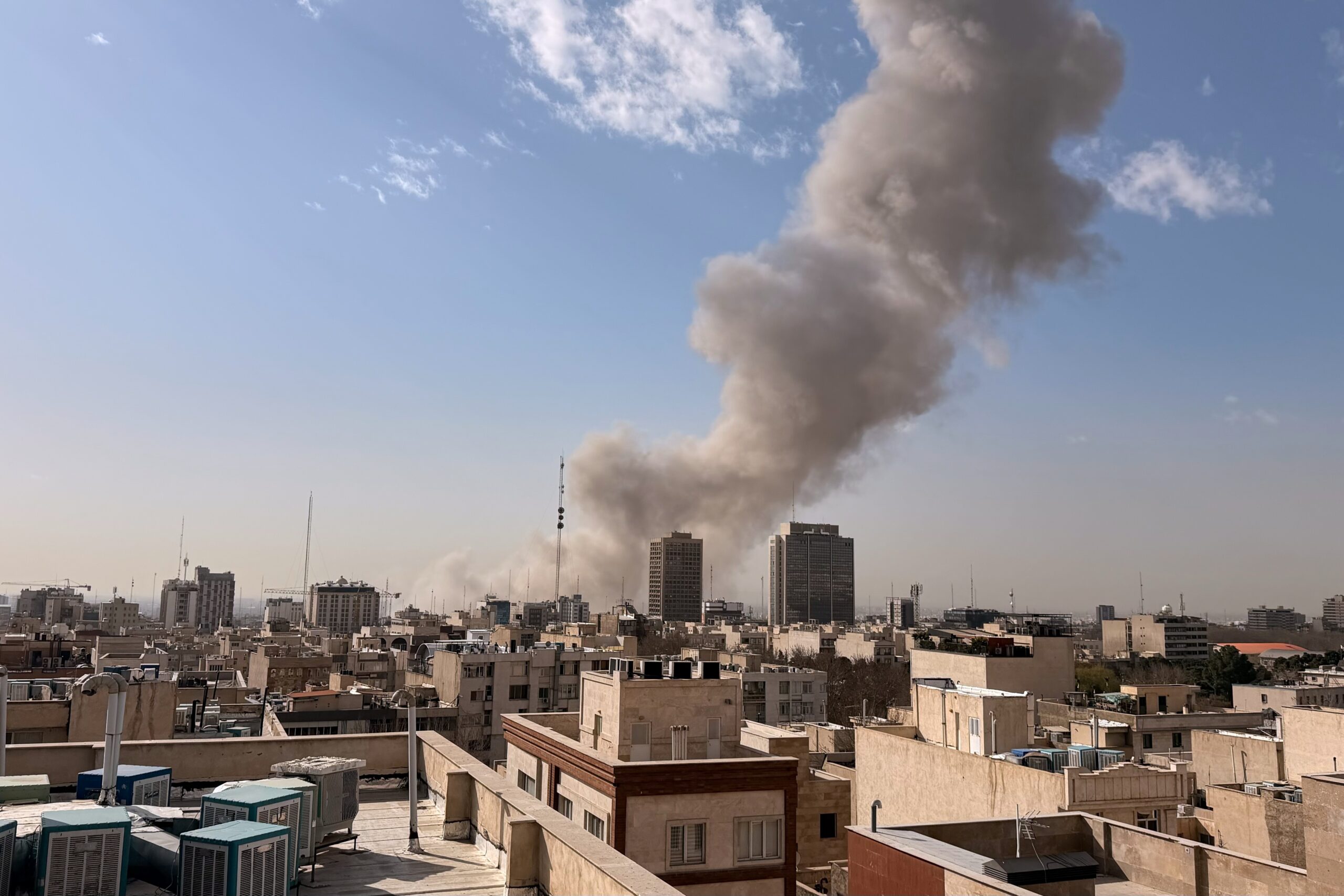Aug 22, 2023
Impact of the Release of Iranian Assets Frozen in South Korea on Iran’s Economy
The August 22 edition of the Iran Media Review examines criticism of Iran’s economic policy amid the expected release of $6 billion in Iranian assets frozen in South Korea.
Iranian media has presented the expected release of around $6 billion in Iranian oil revenue frozen in South Korea under an agreement with the United States as a significant victory. But as Arash Alavi, a member of the Iran Chamber of Commerce, pointed out, Iranian authorities should ask themselves some fundamental questions. Why were those assets frozen by South Korea in the first place? Why didn’t earlier negotiations with the United States secure their release? Moreover, who is responsible for the assets’ devaluation due to the depreciation of South Korea’s currency against the U.S. dollar? And why will the money be held in escrow accounts in Qatar and only be released to Iran under specific conditions? The answer to these questions is obvious: This is the price of the Iranian leadership’s nuclear ambitions. U.S. sanctions, which cost Iran significantly more than $6 billion each year by reducing Iranian oil exports, must also be included when calculating the cost of these ambitions. Decision makers in Tehran may, from their late-revolutionary Islamist perspective, find their nuclear ambitions worth the price, but there can be no doubt that Iran is paying quite a price.
- August 15: Alavi, commenting on the expected release of Iranian assets frozen in South Korea, said in an interview with centrist Mehr News:
- “In the short term, when part of a country’s frozen assets is returned to be used, it is a positive event, but when looking at the bigger picture, solely looking at the numbers is not adequate … We have received money that has been owed to us for some time. We must look into why we did not receive the money. Next, in the course of previous negotiations over U.S. sanctions, the frozen assets were not released. Why? … We also need to look at the exchange rate. According to the central bank governor, $1 billion of our assets evaporated due to the depreciation of the Korean currency against the U.S. dollar. This is a cost and so is the transfer of the money to a third country.”
- Asked about how the money will impact Iran’s economy, Alavi said: “Well, in the short term, $6 billion is about to appear on our plate, which helps balance the amount leaving the plate” of the Iranian economy. “However, the plate has become smaller over the years due to the bad currency policies of the government and the Central Bank of Iran … Legitimate imports are delayed due to difficulties accessing foreign currency, but had our plate been bigger, we would not have faced such problems … The private sector is stagnating or shrinking, and we only see growth in exports of raw materials, metals, and the like.”
- Concluding the interview, Alavi said: “The infusion of $6 billion is good, but we could have been in a more balanced position if there was a single exchange rate,” in a critique of Iran’s multiple exchange rate system, “and the balance between supply and demand” for foreign currency “would not have been disturbed.”
The views represented herein are the author's or speaker's own and do not necessarily reflect the views of AGSI, its staff, or its board of directors.

















